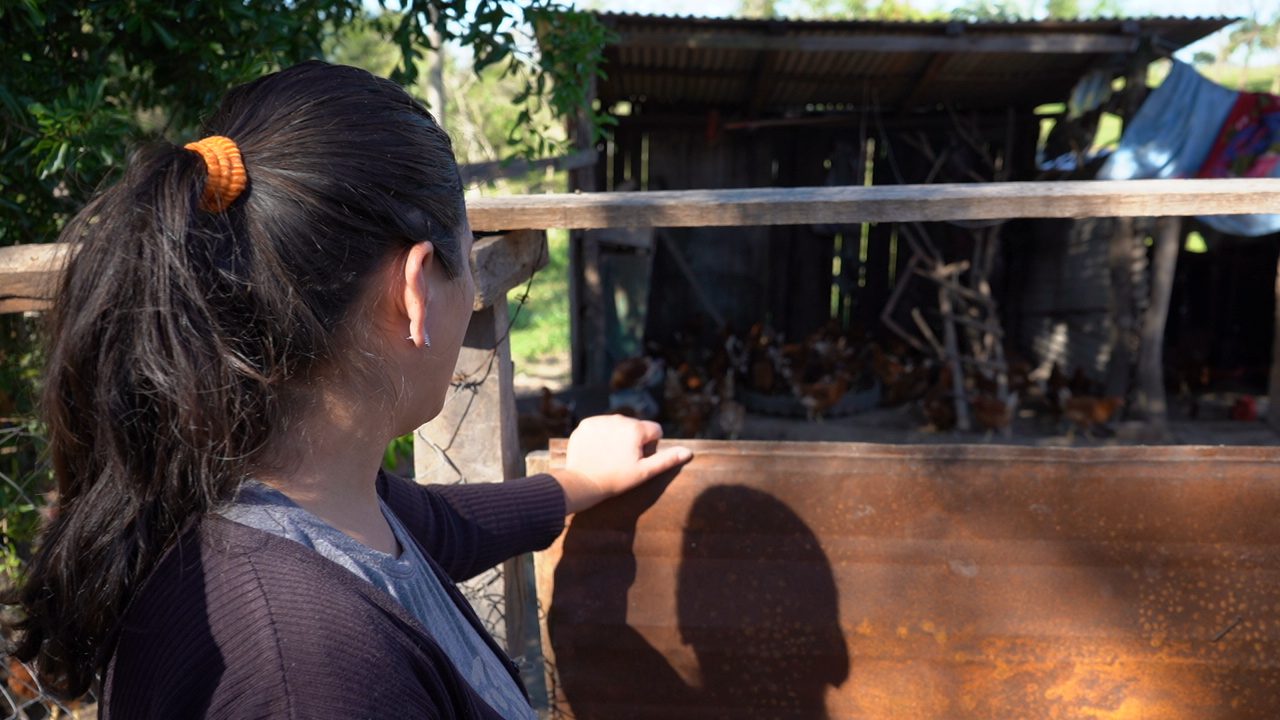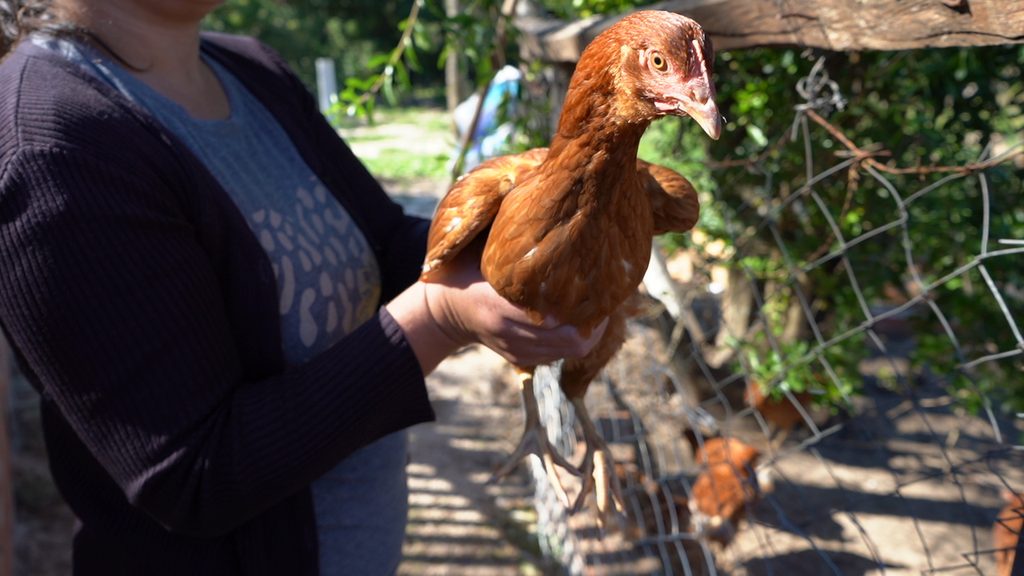From Paraguay to Argentina and back again, Tamy’s journey transcends the challenges faced by female migrants. Through resilience, she has gained economic independence and started her own business.

When she was 15, Tamy’s* mother decided to move her family to Argentina in search of better life opportunities. From a rural community in Paraguay’s Caaguazú department, their small home village lacked basic health and education services and whenever it rained heavily, the roads would flood, isolating the entire community.
In Argentina, Tamy says she experienced discrimination and often felt stigmatised for being from a different country. Adolescent girls and women migrants face multiple challenges: family separation, language and cultural barriers, lack of educational
opportunities, and legal uncertainty.
In a vulnerable situation, Tamy became involved in a toxic and violent relationship. She endured physical abuse for nearly a year from her partner, who was also a Paraguayan migrant who she met in Argentina and started living with when she was 17.
“At first, everything was fine. Then, he started drinking and hitting me. He left bruises on my face, arms, and legs, but I was in love. My mother tried to help me, but I was under his control… I couldn’t see anything. And it went on like that for about a year. Then, one day, he went to a party with his dad, got into a fight, and they beat him to death,” Tamy recounts.
After her boyfriend’s death, Tamy was emotionally scarred, and post-traumatic stress affected her daily life, self-worth, and sense of security. Eventually, Tamy decided to return to Paraguay when she was 20 years old in search of a fresh start.
“I was awarded seed capital from Plan International which helped me start my venture.”
Tamy
Opportunities for youth employment and entrepreneurship
Once home, she faced difficulties finding work as her educational qualifications were not recognised in Paraguay. Looking for an income-generating opportunity, she heard about Plan International’s Sape’a project which equips young people in Paraguay with
the skills they need to run their own businesses.
Sape’a is a model programme for youth employment and entrepreneurship to improve the social and economic situation of adolescents and young people in rural and urban areas of Paraguay. The initiative helps young people, particularly women, overcome the barriers and stereotypes that hold them back and into decent employment.
Tamy was provided with training and resources to help her set up her own chicken farm. Now 29, Tamy is able to provide for her herself and her daughter and is self-sufficient. “I have started my own business with egg-laying hens, which is my main source of income. I was awarded seed capital from Plan International which helped me start my venture,” concludes Tamy.
According to data published by the UN in 2020, nearly 900,000 Paraguayan people have migrated, accounting for 12.36% of its population. Female migration surpasses male migration; women represent 57.07% of the total migrants, while 42.92% are male migrants. Paraguay’s migration has mainly been directed towards Argentina, where 76.49% migrate, followed distantly by Spain at 8.69% and Brazil at 5.56%.

*Name has been changed to protect identity.


